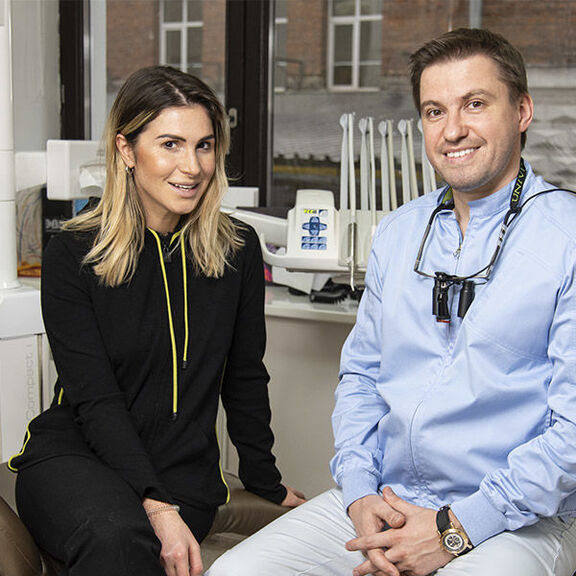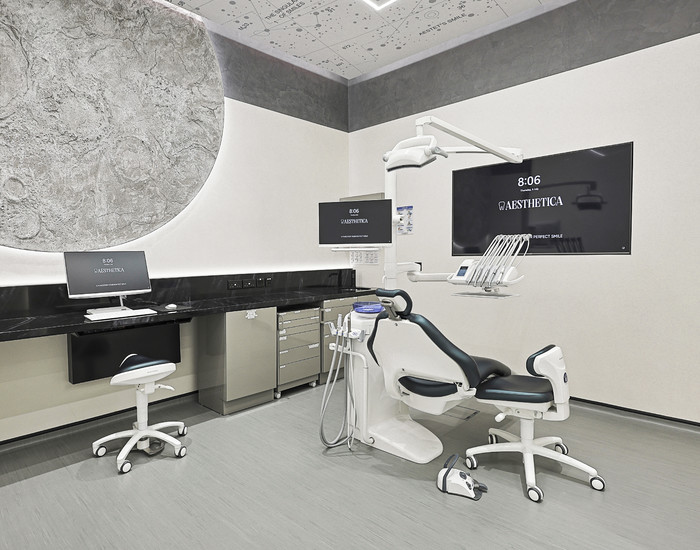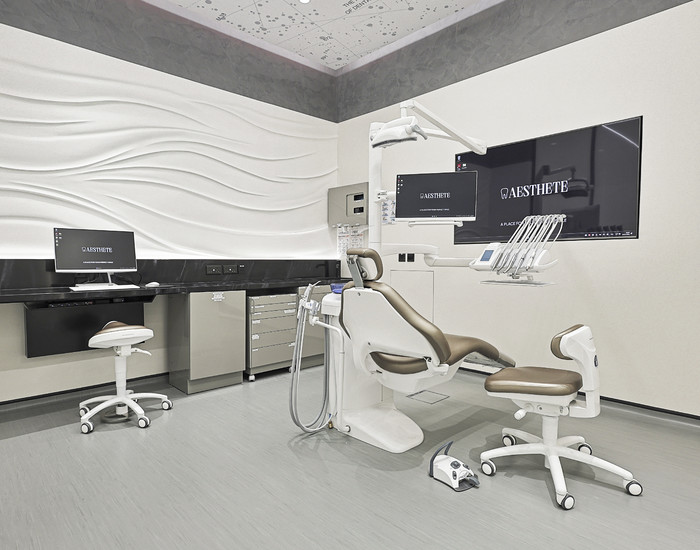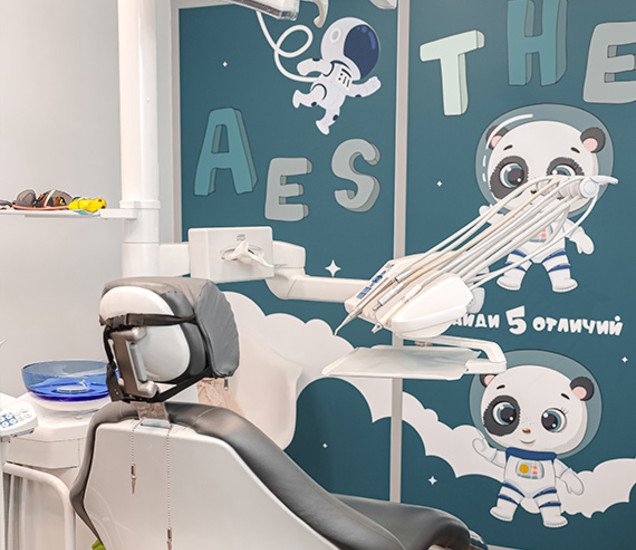Prevention After Root Canal Treatment
Following the dentist's recommendations after endodontic procedures is crucial to maximize treatment effect and prevent possible complications. What's particularly important?
Avoid Eating for 2-3 Hours After Treatment
Eating and drinking are not advised for several reasons. Firstly, the temporary or permanent filling needs to harden fully. Secondly, the effect of anesthesia still persists, so there's a risk of accidentally biting the lip, cheek, or tongue without feeling it, which can lead to hematomas or swelling.
Avoid Injuring the Tooth
Initially, after treatment, it's undesirable to consume hot or cold food, spicy dishes, as the tooth becomes particularly sensitive after processing. Doctors recommend a "soft diet": prefer foods that are easily chewed, grind food to a puree consistency. These recommendations should be followed for several days.
Maintain Oral Hygiene
Brushing teeth twice a day is mandatory. It's important to choose a toothbrush and paste according to your needs, which can be discussed with the doctor. Using an irrigator, mouthwash, and dental floss is also advisable to prevent the development of caries and other diseases.
Regularly Visit the Dentist
Don't forget about preventive check-ups. It's advisable to visit the dentist twice a year. This increases the chance that the specialist will timely identify signs of a dangerous disease. If a temporary filling falls out, seek dental care as soon as possible because infection can penetrate the open cavity.
Be Aware of Increased Tooth Sensitivity
For a few days after treatment, teeth will be especially sensitive. This is a normal tissue reaction to the material used for filling. Uncomfortable sensations gradually subside on their own, but doctors usually prescribe painkillers in case the situation is additionally accompanied by pain.
If uncomfortable, painful sensations persist or even intensify, it's necessary to consult the dentist. He will conduct a diagnosis, determine the cause of your condition, and explain what needs to be done to solve the problem.
The Importance of Timely Treatment of Tooth Root Canals
There's a general principle applicable to any disease, including dental diseases: the earlier you seek medical help, the easier it will be to solve the problem.
Constantly postponing a visit to the dentist won't improve the situation on its own. On the contrary, it will only get worse. Gradually, dangerous complications will develop, including:
- Destruction of the jawbone;
- Phlegmon – inflammation on the side of the periosteum;
- Abscess – an acute purulent process that spreads very quickly, affecting the gum and soft tissues surrounding the tooth;
- Pulp necrosis – the death of tissues providing nourishment to the tooth, leading to the tooth unit becoming more vulnerable and deteriorating faster.
Due to complications, solving the problem will be more difficult. Most likely, saving the tooth won't be possible, necessitating costly prosthetics.
Another possible consequence of avoiding dental visits is sepsis. If the level of infection becomes particularly high, the body will struggle to resist the infection, posing negative health consequences, even a life threat.
All these can be avoided by seeking timely medical help.




































_700x550_ac7.jpg)






